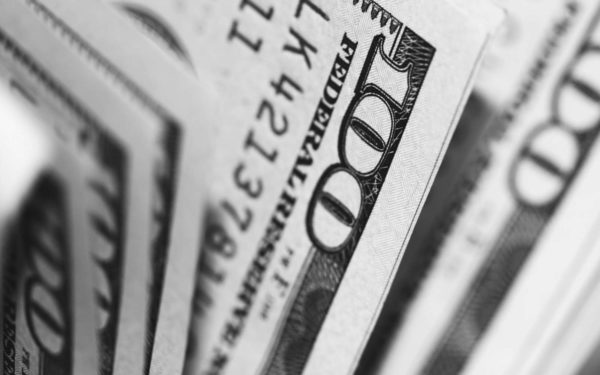Earlier this year, in the depths of the economic shock caused by the start of the pandemic, the federal government handed out a half-trillion dollars worth of expedited business loans.
The Paycheck Protection Program helped businesses — mostly small businesses — keep workers employed, with loans issued by banks but funded by the feds in the amount of 2.5 times a business’ average monthly payroll costs.
The portion of the loan spent on payroll, rent or mortgage payments and utilities can then be forgiven, after the business submits an application and proper documentation.
Though there has been criticism of the rushed roll-out of PPP, and of the larger businesses that received a sizable portion of the overall funds, a search of the recipients turns up plenty of small Arlington businesses — from restaurants to gyms to others — that received PPP loans that likely saved jobs or even the businesses themselves.
There is, however, a potential downside to the loans.
If a business received a loan and kept employees on, even if they continued to lose money, they’re now facing the reality that — absent a proposed fix from Congress — they may face extra tax liability and have to dig into emptied pockets at tax time next year. That’s because the expenses paid for by the forgiven portion of the loan are, under current guidance, not able to be deducted, effectively making the forgiven loan federally taxable for many businesses.
Fixes have been proposed by Congress as part of new coronavirus relief packages, but so far nothing has passed.
On the plus side, there is a bit of good news for businesses in Arlington. Officials from both the county and the Commonwealth expect that forgiven loans will not be taxed on a state or local level.
In the case of the county, there’s a question of whether the forgiven portion of the loan would be included in the “Gross Receipts” that are subject to the Business, Professional, and Occupational License (BPOL) tax, which is generally $0.36 to $0.18 per $100 of revenue — not profit, as is the case for federal corporate taxes.
William Burgess, an attorney with the Arlington Commissioner of Revenue’s office, tells ARLnow that the county does not currently think that forgiven loans are taxable.
“Per Virginia Code § 58.1-3732(A)(4), the loan proceeds received by a borrower are excluded from gross receipts,” Burgess said. “Therefore there is no provision addressing what happens if the loan is forgiven and no [state tax documents] interpreting this section.”
“Given that the statute expressly exempts loan proceeds and does not explicitly address forgiveness, our office believes that the loan proceeds do not become taxable upon forgiveness,” he continued.
Virginia officials, likewise, said the current expectation is that forgiven loans will not be taxed by the Commonwealth. An annual tax “conformity” bill that is expected to be passed by the state legislature should ensure that.
“The Virginia General Assembly would need to enact legislation advancing Virginia’s date of conformity in order for the state to adopt the Paycheck Protection Program loan forgiveness provision set forth in the CARES Act,” said Virginia Tax spokeswoman Stephanie Benson. “If the General Assembly conforms to this provision, the forgiven loans would not be subject to Virginia income taxation.”
“It is common practice for the Virginia General Assembly (GA) to adopt a conformity bill each session, and the GA generally conforms to the majority of federal tax provisions,” Benson noted.
Photo by Pepi Stojanovski on Unsplash


